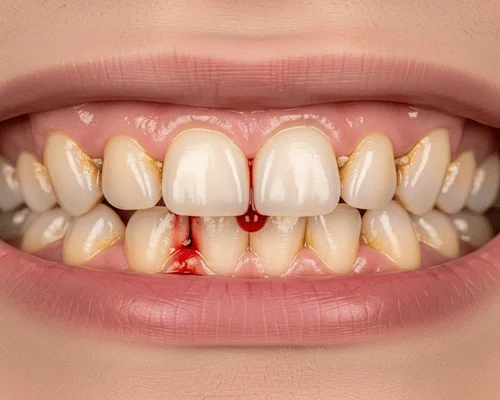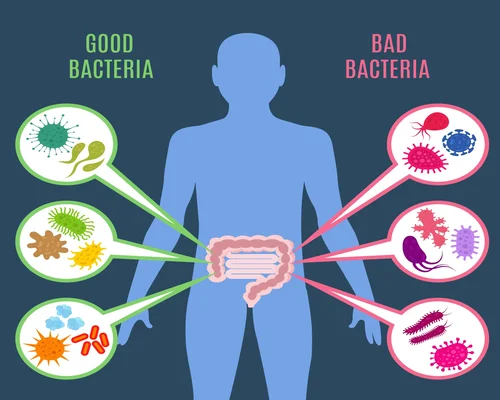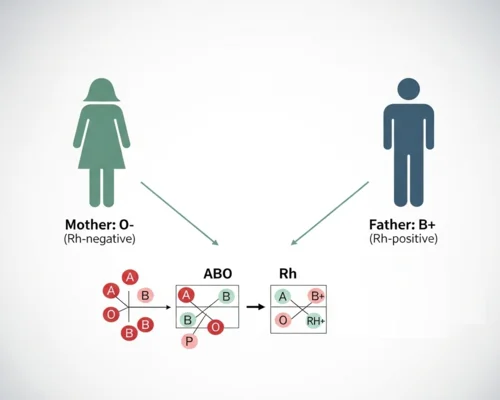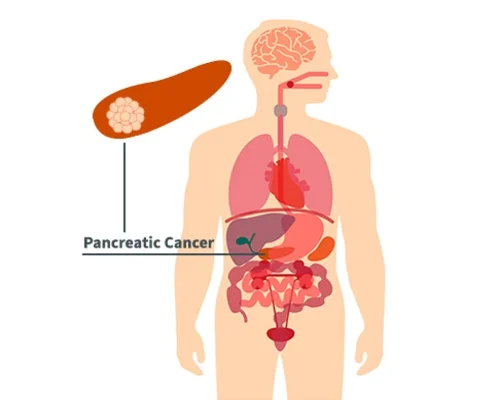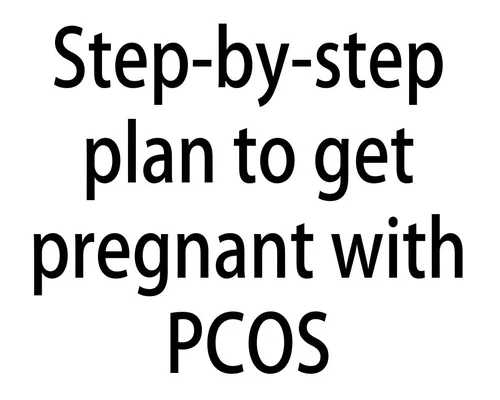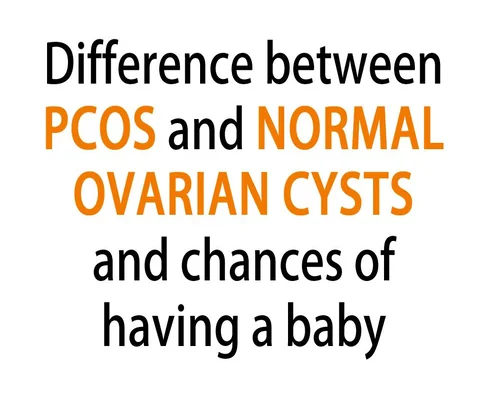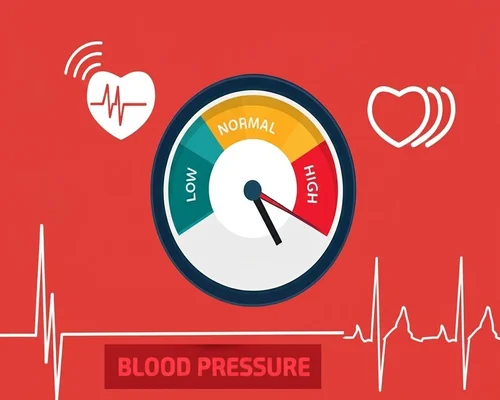
Misconceptions about high blood pressure and what should be the lifestyle of a hypertensive patient?
4 misconceptions about high blood pressure
High blood pressure is a silent killer. It can develop in the body without any signs or symptoms and damages various organs of the body such as the heart, kidneys, eyes, blood vessels and brain day by day. Its worst complication is stroke or paralysis. This high blood pressure also increases the risk of heart attack and heart failure. Gangrene and other complications occur due to obstruction of blood flow. Hypertensive retinopathy and retinal hemorrhage can cause permanent blindness.
Another serious complication is kidney failure. Uncontrolled high blood pressure is one of the leading causes of kidney failure worldwide. So do not measure your blood pressure just because you do not have any problems, it does not. You need to measure your blood pressure regularly. Once or twice a year.
1. As we age, our blood vessels lose elasticity, which causes blood pressure to increase. The ideal blood pressure is systolic 120 mm Hg and diastolic 70 mm Hg. However, for most hypertensive patients, a good target or desired blood pressure is systolic 130 and diastolic 70 mm Hg. If you can keep your blood pressure at this level, the risk of stroke is reduced by 50 percent, the risk of heart attack is reduced by 25 percent, the risk of heart failure is reduced by 50 to 60 percent, and the risk of kidney failure is also reduced by 50 percent. At the same time, the risk of gangrene, blindness, and memory loss is also reduced. In other words, by controlling blood pressure, you can prevent many diseases at the same time. That is why treating high blood pressure is important at any age.
2. Another mistake we make is that we assume that treating high blood pressure means taking one or two medications for the rest of our lives. But we forget that a big part of treating high blood pressure is lifestyle changes. It may be possible to control blood pressure for the first few years by changing lifestyle habits. Again, if the lifestyle is well maintained, it is possible to reduce the need for medications.
3. After being diagnosed with high blood pressure, most patients worry that once they start taking medication, they will have to take it for the rest of their lives!
What a pain! This is not always true. For example, women experience a type of high blood pressure during pregnancy, which usually resolves within six weeks to six months after giving birth. On the other hand, those taking steroids or NSAIDs may experience a sudden increase in blood pressure, which may return to normal after stopping the medication. Some hormonal diseases, such as thyroid disease or Cushing syndrome, adrenal gland problems, can cause blood pressure to increase, which may then decrease again after the disease is controlled. Kidney diseases, such as kidney inflammation, increase blood pressure, which may later decrease after the disease is cured.
But this number is not very high. 90 percent of hypertensive patients actually have to continue treatment for the rest of their lives. However, there is nothing to be sad about. Just as we eat to suppress our appetite, so is this condition. Taking regular medication to control blood pressure should be considered a part of life.
4. Can high blood pressure occur at a young age? Is high blood pressure not just a disease of the elderly? Even children and adolescents can develop high blood pressure at a young age. Currently, the number of patients with high blood pressure before the age of 30 is increasing. One reason for this is obesity. Again, those who suffer from obesity also suffer from sleep apnea. This disease causes breathing problems during sleep at night and reduces oxygen levels. They have a higher risk of high blood pressure and heart disease. This disease can also be solved by losing weight. Hormonal diseases and kidney diseases can cause high blood pressure at a young age. Many kidney diseases can be genetic. Therefore, if high blood pressure is diagnosed at a young age, the reason behind it should be investigated.
Everyone should be aware if they want to control high blood pressure. Whether there are symptoms or not, you should measure your blood pressure regularly. If your blood pressure increases, you should make changes to your lifestyle, take medication as prescribed by your doctor. You should measure your blood pressure occasionally to see if it is under control. Only then can you prevent its complications.
What should be the lifestyle of a patient with high blood pressure?
1. Try to lose weight if you are overweight. Maintain the right weight according to your height.
2. Reduce the amount of salt you eat. Do not eat excess salt, do not eat more than six grams of salt a day. Some foods contain hidden salt, such as sauces, ketchup, chips, processed foods, salad dressings, mayonnaise, etc. These should be avoided.
3. Walk or exercise regularly. Do some exercise for at least 50 minutes a week, such as walking, jogging, swimming, cycling, etc.
4. Avoid high sugar and fatty foods as much as possible. Instead, eat whole grains, good meat, fibrous foods and enough vegetables and fresh fruits every day.
5. Quit smoking.
6. 7 hours of uninterrupted sleep at night is very important. These days, sleep is being given a lot of importance. Because, sleep time at night is the time of repair. During this time, our body and mind are repaired. Therefore, day after day, sleep disruption can paralyze the body processes.
7. Be stress-free, reduce stress.




-vegetable.webp)
